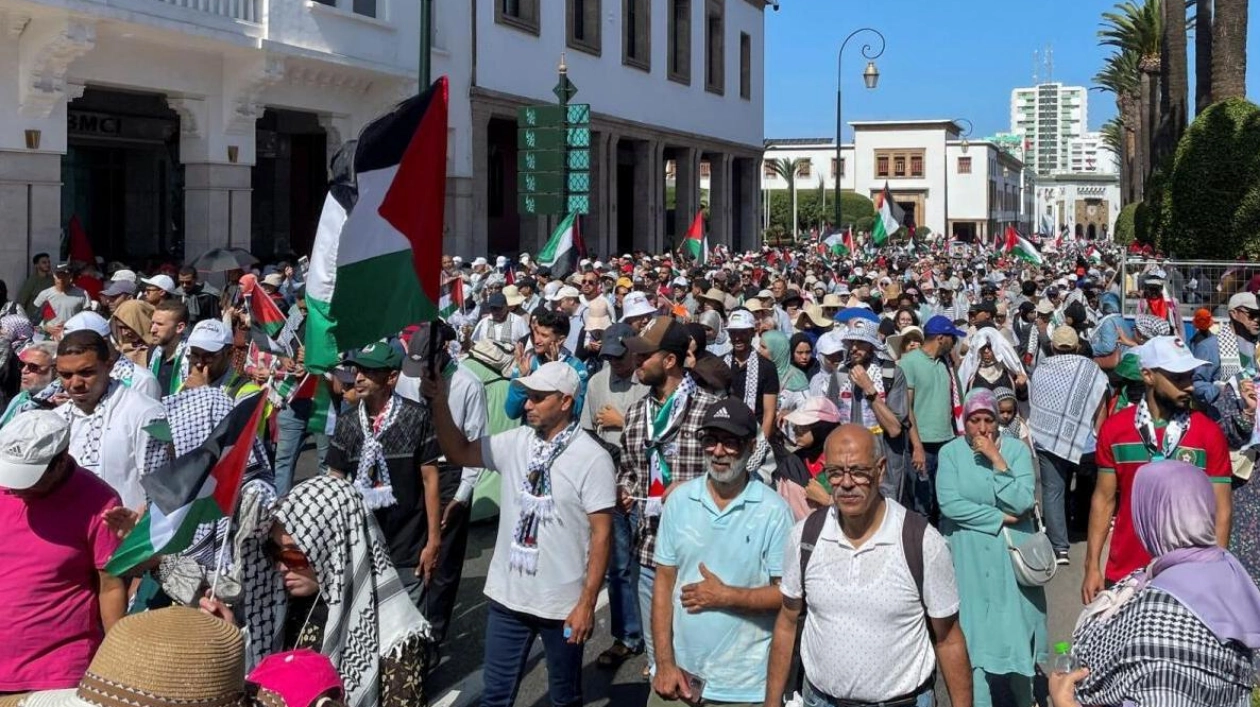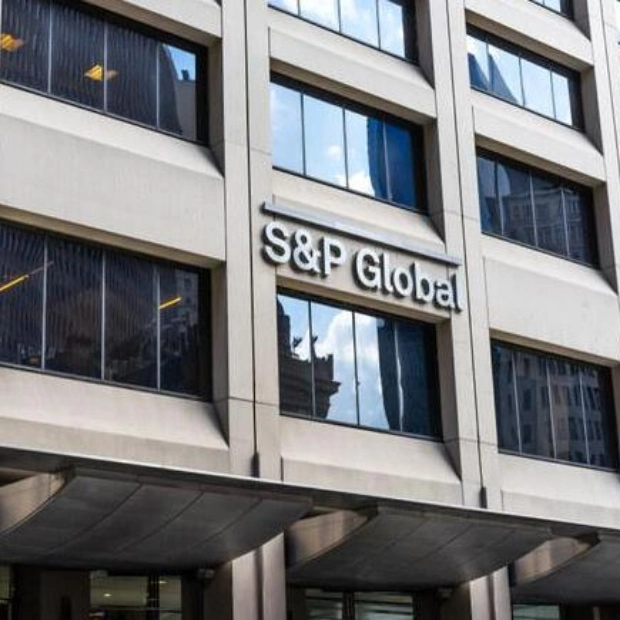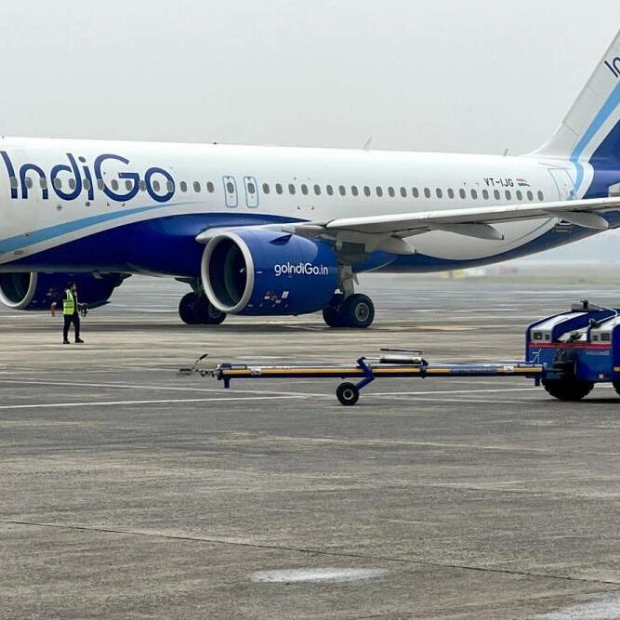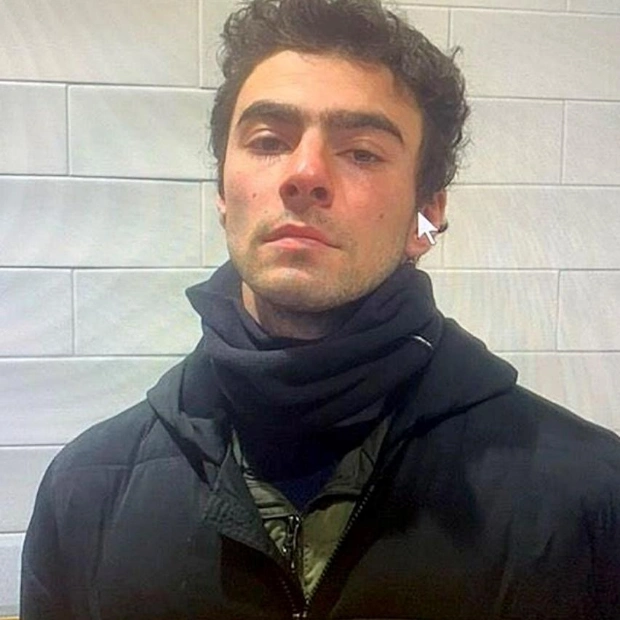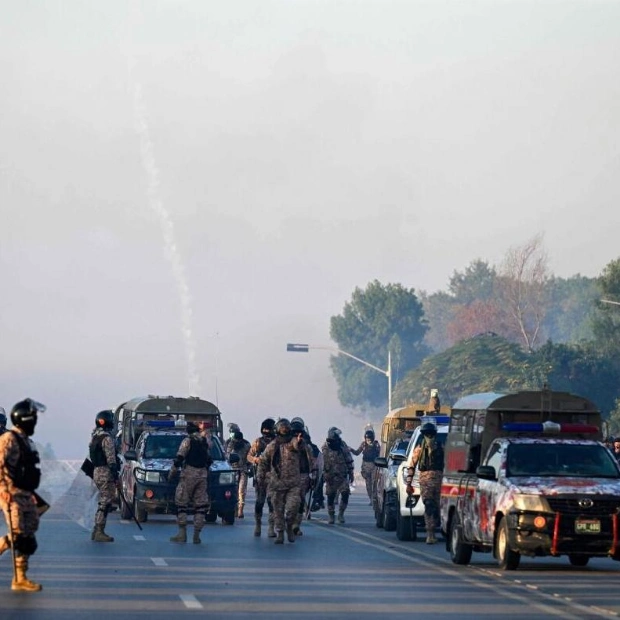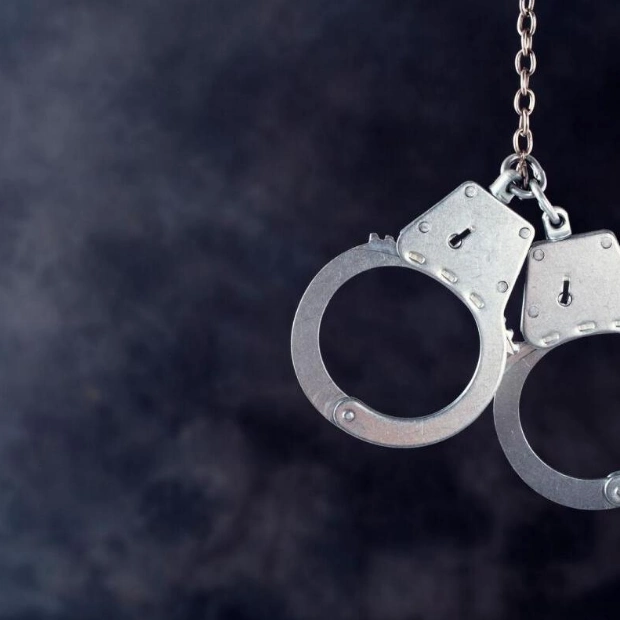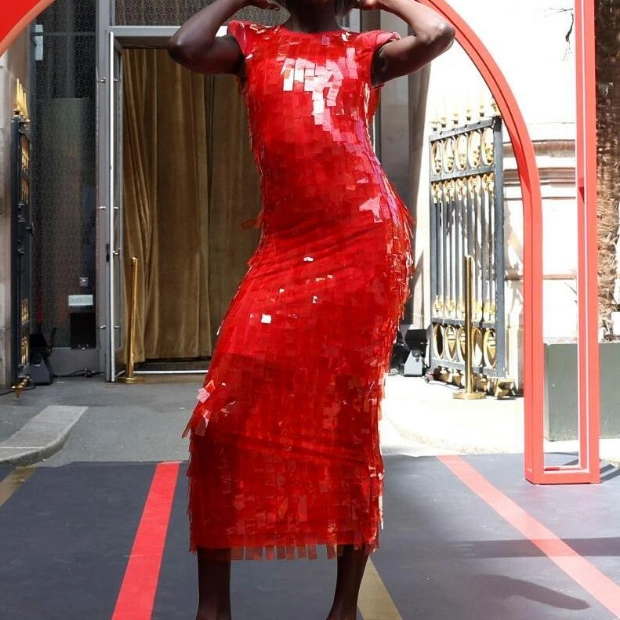Tens of thousands of Moroccans gathered in Rabat on Sunday to show solidarity with Palestinians and to protest against the normalization of ties with Israel, just a day before the anniversary of the October 7 attack.
The demonstrators waved Palestinian flags and held signs condemning Morocco's 2020 normalization with Israel, while chanting slogans like 'Resistance does not die' and 'The people want an end to normalization'. 'We consider Palestine to be a national cause,' said Khadija Mokhtari, a 56-year-old retiree from the capital, in an interview with AFP near the parliament. She added that she joined the protest to voice her opposition to 'flagrant injustice, Israeli killings, and the genocide' against Palestinians.
Another protester, Noufissa Souad, 39, expressed her concern, saying, 'They are going to kill the entire Palestinian people for their land.' She emphasized the need to 'stop relations with Israel because we are hand in hand with the enemy,' and called on Arab and Muslim leaders to speak out. Morocco officially established ties with Israel in 2020 as part of the US-led Abraham Accords. Although the North African kingdom has officially called for 'the immediate, complete, and permanent halt to the Israeli war on Gaza,' it has not publicly discussed reversing the normalization.
The rally was organized by the National Action Group for Palestine, which unites leftist groups and the Islamist Justice and Development Party. It took place a day before the first anniversary of the October 7 Hamas attack on Israel, which resulted in the deaths of 1,205 people, mostly civilians, according to an AFP tally based on official Israeli figures. Israel's retaliatory military campaign has reportedly killed at least 41,870 people in Gaza, the majority of whom were civilians, according to the Hamas-run territory's health ministry. The United Nations has deemed these figures reliable.
Protesters also waved the Lebanese flag and held portraits of slain Hezbollah leader Hassan Nasrallah, who was killed in an Israeli strike on southern Beirut on September 27, and Hamas leader Ismail Haniyeh, who was killed in Tehran in July.
